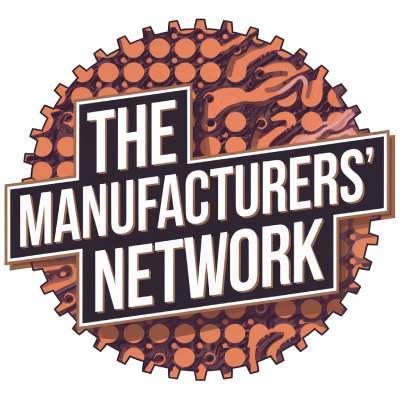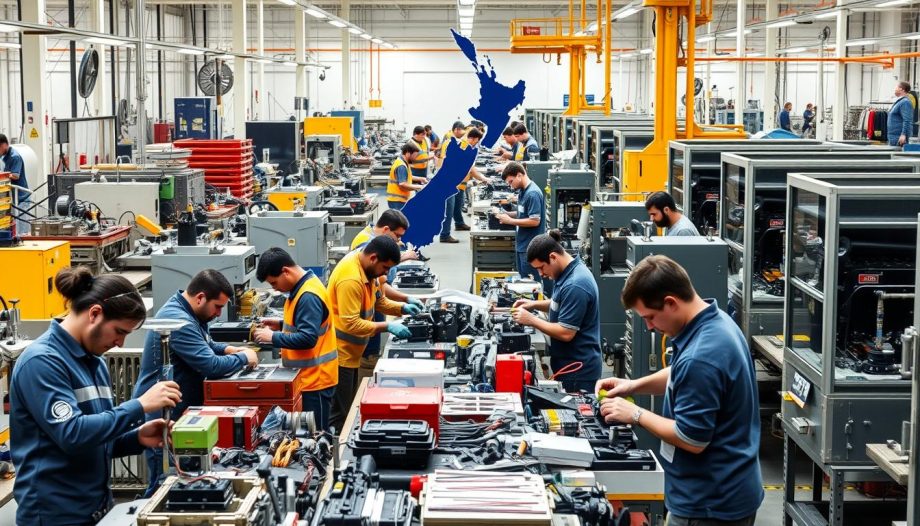The NZ manufacturing industry is currently grappling with a pressing workforce shortage. As firms seek to enhance their productivity, the demand for skilled workers has reached unprecedented levels. A report from the NZ Ministry of Business, Innovation & Employment indicates that many manufacturing companies are struggling to fill essential positions due to an aging workforce and a lack of new talent entering the sector.
shortage is especially pronounced in key fields such as engineering, electronics, and food processing. Consequently, businesses face increased operational costs and potential delays in production timelines. The urgency of this situation has led to a growing search for skilled labor, including talent from overseas, to ensure the NZ manufacturing industry remains competitive in a global market.
Current Challenges in the NZ Manufacturing Sector
The New Zealand manufacturing sector faces myriad challenges, primarily driven by a significant workforce skills gap. Companies struggle to find qualified candidates, resulting in manufacturing skill shortages that hinder growth and competitiveness. This situation contributes to broader NZ labor market challenges, necessitating urgent attention and action to address the situation.
Skills Gap in the Workforce
The skills gap within the workforce presents a formidable obstacle for the manufacturing industry. A large percentage of manufacturers confront difficulties in filling critical roles, particularly in specialized fields such as CNC machining, welding, and automation technology. This shortage of skilled labor prevents organizations from maximizing their potential and stifles innovation. The ongoing workforce skills gap affects not only individual companies but also the overall health of the manufacturing sector, which has historically been a cornerstone of the NZ economy.
Impact on Production and Efficiency
The impact of skills shortage on production efficiency can be profound. Many firms report reduced production levels due to an inability to find skilled workers. This results in inefficient operations and escalated costs, as companies may resort to overtime for existing staff or temporary hires to compensate. Additionally, when production capabilities are limited, the entire supply chain suffers, leading to late deliveries and diminished business opportunities. Addressing these challenges is vital for restoring manufacturing productivity NZ and ensuring that the sector can thrive in a competitive environment.

NZ Manufacturing Industry Screaming Out for Skilled Workers
The New Zealand manufacturing sector is currently facing an acute shortage of skilled labor, a situation driven by several pressing factors. Advances in technology and the growing complexity of manufacturing processes have escalated the demand for a workforce adept in modern skills. As Industry 4.0 takes hold, businesses increasingly require workers with expertise in IT, data analysis, and automation—a combination that many existing employees may not possess. This skills gap marks a significant challenge within NZ manufacturing employment trends.
Reasons Behind the Demand for Skilled Labor
One of the primary reasons for the heightened demand for skilled labor is the expansion of production lines to meet the rising consumer demand across various sectors. This industry growth demand underlines the necessity for expertise in specialized fields, from operating complex machinery in advanced manufacturing to ensuring compliance with food safety regulations in the food processing sector. As organizations strive to innovate and maintain product quality, the quest for skilled workers becomes increasingly critical.
Key Industries Seeking Skilled Workers
Specific sectors within the NZ manufacturing landscape are particularly notable for their demand for skilled labor. Key industries include food processing, advanced manufacturing, construction, and textiles—all of which require specialized knowledge to navigate their unique challenges. The NZ Manufacturing Sector Workforce Development Plan highlights that these manufacturing sectors in demand are facing severe shortages, prompting discussions about training and policy measures aimed at addressing the NZ job market challenges surrounding workforce retention and skill development.

